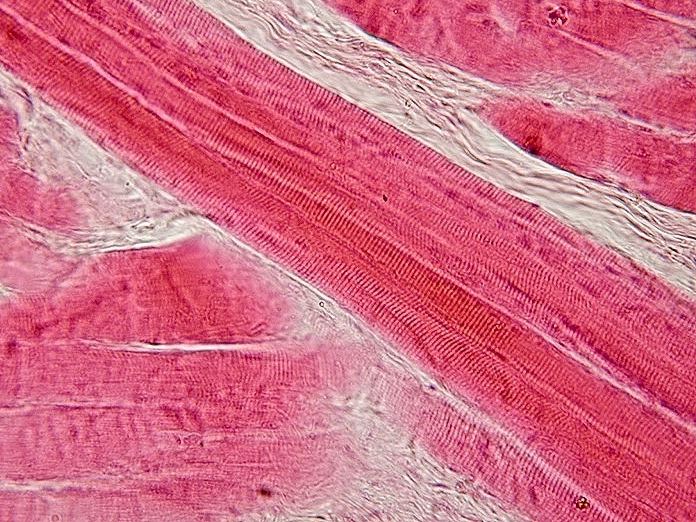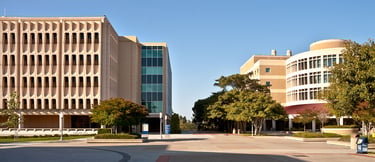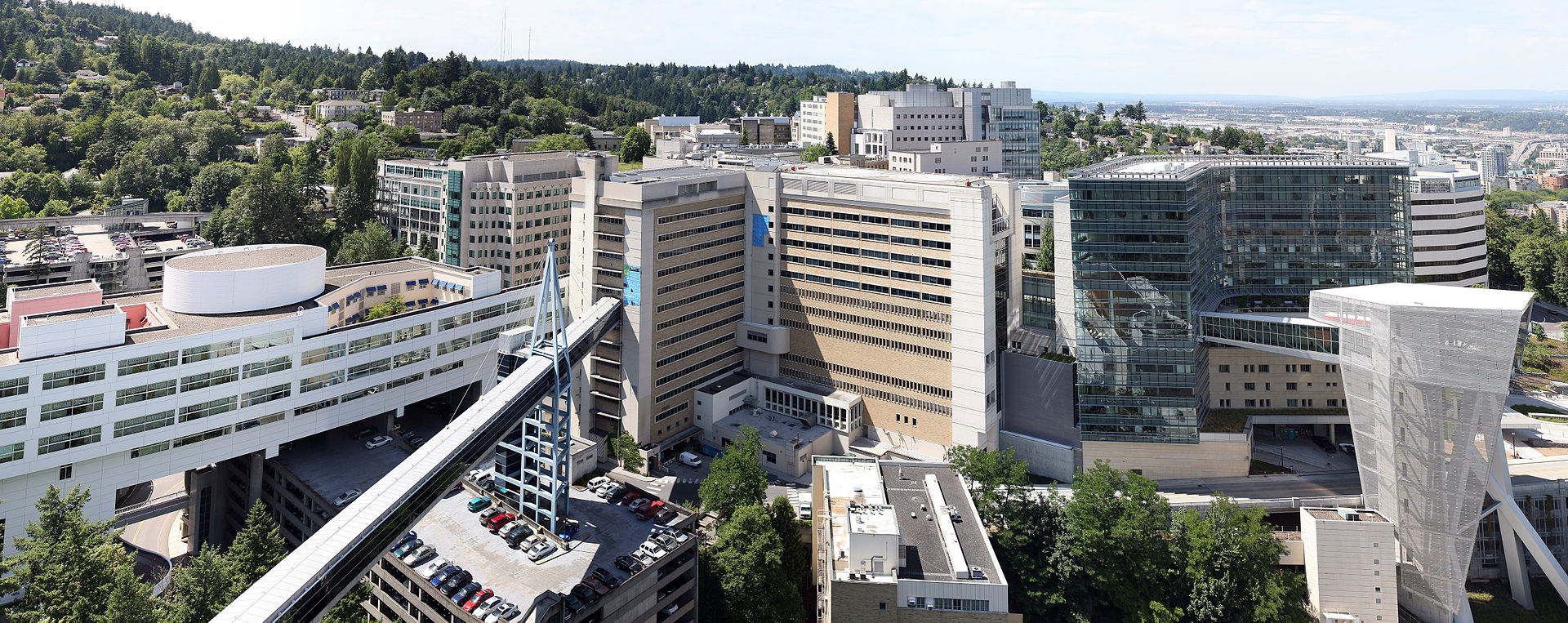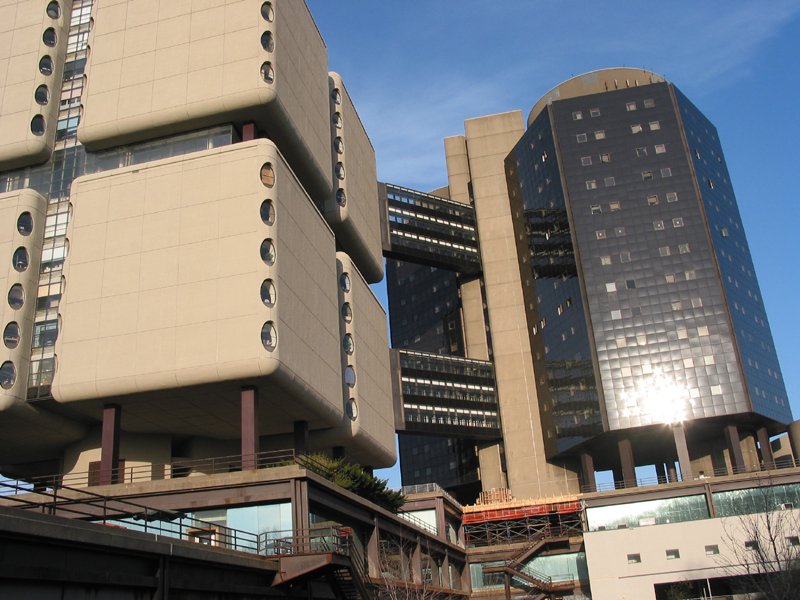.jpg?width=293&name=1024px-Cytomegalovirus_infection_(3785988653).jpg) Organ transplants are common surgeries that happen around the world. In the United States, more than 33,000 transplants occurred in 2016, with more than half of these being kidney transplants. Although the majority of people come out of transplant surgery with no problems, many develop serious infections caused by the common virus cytomegalovirus (CMV)when the immune system rejects the new kidney.
Organ transplants are common surgeries that happen around the world. In the United States, more than 33,000 transplants occurred in 2016, with more than half of these being kidney transplants. Although the majority of people come out of transplant surgery with no problems, many develop serious infections caused by the common virus cytomegalovirus (CMV)when the immune system rejects the new kidney.
Tags: CA, new research funding, LAVS, UCLA, Biotechnology Vendor Showcase, NIH funding, 2017, cytomegalovirus

For cancer patients with tumors, there always a risk of the tumor spreading to a different organ, which makes fighting the cancer more difficult and risky. However, this spread of cancer very rarely occurs on skeletal muscles, which make up nearly 50% of body mass. Why don't these metastatic cancer cells move to and grow on these skeletal muscles? Researchers are still unclear. Now, with the help of a recent $1 million grant from the W.M. Keck Foundation, a research team at Fred Hutchinson Cancer Research Center will focus on studying this elusive topic. (Image courtesy of CC BY-SA 3.0 via Wikimedia Commons)
Read MoreTags: Fred Hutchinson Cancer Research Center, WA, cancer research, BioResearch Product Faire Event, Seattle, Hutch, 2017, skeletal muscle research
 Valley Fever affects nearly 10,000 people in the United States each year, predominately in the Southwestern states of Arizona and California. This infection, caused by the fungus Coccidioide, affects different people in different ways: some get very ill while others are only mildly affected. However people are affected, there is no vaccine to cure the infection. A team of researchers from the University of Arizona, Tucson recently received a $4.8 million grant from the National Institute of Allergy and Infectious Disease (NIAID) to develop a vaccine for Valley Fever.
Valley Fever affects nearly 10,000 people in the United States each year, predominately in the Southwestern states of Arizona and California. This infection, caused by the fungus Coccidioide, affects different people in different ways: some get very ill while others are only mildly affected. However people are affected, there is no vaccine to cure the infection. A team of researchers from the University of Arizona, Tucson recently received a $4.8 million grant from the National Institute of Allergy and Infectious Disease (NIAID) to develop a vaccine for Valley Fever.
Tags: new research funding, AZ, UAZ, BioResearch Product Faire Event, Tucson, NIH funding, University of Arizona Tucson, 2017, Valley Fever
 The University of California, Irvine is a growing life science research institution that is continually growing its research facilities and capabilities. A recent gift of $200 million dollars is the latest funding helping UCI establish itself as a leading life science research institution. (Image of the UCI Science Plaza by By David Eppstein via Wikimedia Commons)
The University of California, Irvine is a growing life science research institution that is continually growing its research facilities and capabilities. A recent gift of $200 million dollars is the latest funding helping UCI establish itself as a leading life science research institution. (Image of the UCI Science Plaza by By David Eppstein via Wikimedia Commons)
Tags: CA, new research building, University of California Irvine, BioResearch Product Faire Event, UCI, 2017, College of Health Sciences, Integrative Health Research
 Sight is something that a majority of the population will never have to worry about losing. However, many diseases threaten sight, like age-macular degeneration (AMD). This degenerative disease becomes more likely with older age, and causes a loss of central vision in the retina. In the United States more than 10 million people suffer from AMD, the majority of those aged 55 and older.
Sight is something that a majority of the population will never have to worry about losing. However, many diseases threaten sight, like age-macular degeneration (AMD). This degenerative disease becomes more likely with older age, and causes a loss of central vision in the retina. In the United States more than 10 million people suffer from AMD, the majority of those aged 55 and older. Tags: new research funding, AZ, UAZ, BioResearch Product Faire Event, Tucson, University of Arizona Tucson, 2017, macular degeneration
 For life science researchers, having easy access to data and information is essential. They can use this data to research diseases and further personal research, benefiting other researchers and patients. Oregon Health and Science University in Portland recently received a five-year grant of $15 million from the National Institutes of Health to establish a first-of-its-kind database to contain pediatric cancer and rare disease research. (Image courtesy of I, Cacophony via Wikimedia Commons)
For life science researchers, having easy access to data and information is essential. They can use this data to research diseases and further personal research, benefiting other researchers and patients. Oregon Health and Science University in Portland recently received a five-year grant of $15 million from the National Institutes of Health to establish a first-of-its-kind database to contain pediatric cancer and rare disease research. (Image courtesy of I, Cacophony via Wikimedia Commons)
Tags: Oregon Health and Science University, new research funding, Computational Biology, OHSU, Portland, Knight Cancer Institute, 2017
 There is so much that scientists have yet to learn about the universe, and understanding the matter that makes up the universe is a large task for scientists to undertake. Researchers at Stony Brook University will soon have new opportunities to increase their research thanks to a newly established research center.
There is so much that scientists have yet to learn about the universe, and understanding the matter that makes up the universe is a large task for scientists to undertake. Researchers at Stony Brook University will soon have new opportunities to increase their research thanks to a newly established research center.
Tags: Stony Brook University, Physics, BioResearch Product Faire Event, NY, Stony Brook, SunySB, New research center, 2017, nuclear research
A $1M grant from the National Science Foundation, funds the Center for Biophotonic Sensors & Systems (CBSS) for future study on biosensors. This is a multi-site program between Boston University Photonics Center and the Center for Biophotonics Science and Technology at UC Davis.
Tags: June, Photonics, UC Davis - Medical Center, funding news, NSF funding, National Science Foundation, 2017, June 2017, Biophotonics
In late September the National Science Foundation awarded the University of Pennsylvania a five-year grant of $24 million to create a Mechanobiology Center, as posted on the university website. This grant is in coincidence with three other large grants to fund establishing four Science and Technology Centers (STC) totaling $94 Million; the other three STC’s being the Center for Bright Beams at Cornell University, the Center for Cellular Construction at UC San Francisco, and the Center on Real-Time Functional Imaging at UC Boulder.
Read MoreTags: Pennsylvania, University of Pennsylvania, UPenn, Philadelphia, new funding, New research center, 2017
How much product can exhibiting companies sell at a single event?  Let Biotechnology Calendar, Inc. help you find out! With the 2017 schedule out we can help you select the very best shows to increase your scientific product sales.
Let Biotechnology Calendar, Inc. help you find out! With the 2017 schedule out we can help you select the very best shows to increase your scientific product sales.
Tags: vendor show, Sales, scientific sales, Lab Supply, lab product, 2017, Early Release

